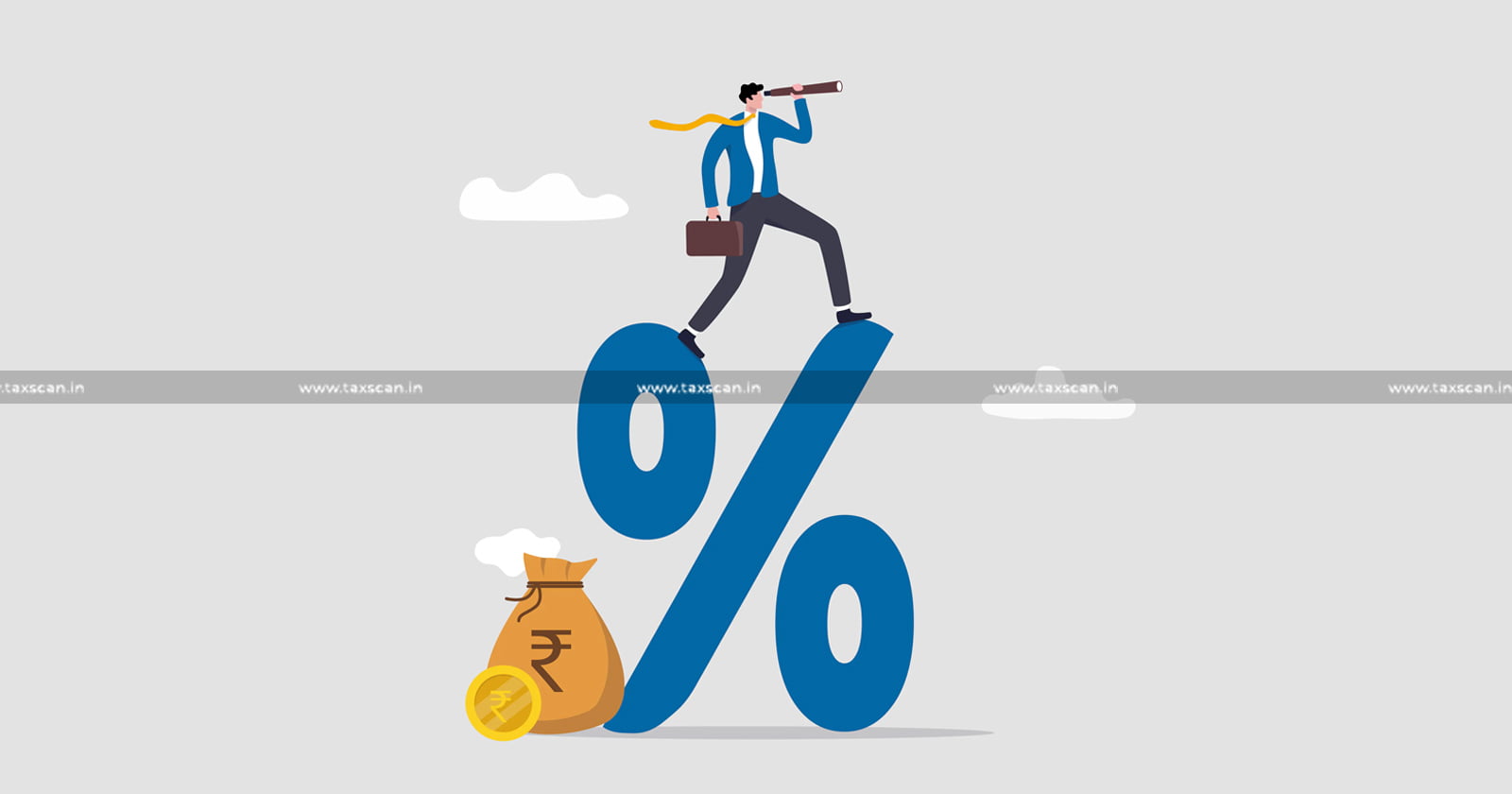Liability to interest arises only on actual utilisation of ITC: Madras HC [Read Order]

Liability – to – interest – arises – actual – utilisation – of – ITC – Madras – HC – TAXSCAN
Liability – to – interest – arises – actual – utilisation – of – ITC – Madras – HC – TAXSCAN
In a recent decision the Madras High Court observed that the liability to interest will arise only in a situation where there has been actual utilisation of the Input Tax Credit (ITC) by the assessee.
The petitioner,M/s.Grundfos Pumps India Pvt Ltd, is a dealer under The Central Goods and Services Act, 2017 (CGST Act) and assessee on the file of the respondent officer and challenges an order that has been passed contrary to the settled judicial principles and the law laid down by the Supreme Court in several matters including in the case of Commissioner of Central Excise v. Bombay Dyeing Manufacturing Company.
The petitioner had been an assessee under the erstwhile Central Excise regime as well as Finance Act, 1994 under which service tax is levied and migrated into the regime of GST on and from 01.07.2017. Tran-1 had been filed bringing forward the unutilized credit as transitional credit. Though the credit had been transitioned, it had not found place in the Electronic Credit Ledger (ECL).
The petitioner reflected the same as available ITC in its retention and in Form GSTR-3B return. Thereafter, the petitioner realised that the said credit, without any explanation, was reflecting in ECL. Thus, the credit had been reversed without set off/utilization against the output tax liability.
That the audit wing of the GST department on noticing the reversal of credit, which was available in GSTR – 3B, demanded the interest at the rate of 24%, irrespective of fact that such credit had not been utilized. The same position was obtained in regard to Education Cess and Higher Education Cess as well in respect of which the facts are identical.Based on the audit objection, a show cause notice was issued proposing to recover the interest invoking section 50(3) of the CGST Act and to deny the Cenvat credit on inputs lying in stock.
The Court of Dr Justice Anita Sumanth observed that “The petitioner cannot be faulted for the same, since transition has been sought in line with the procedures set out under the Act and Rules. The flaw was in the maintenance of the ECL by revenue. Thus, the petitioner was quite justified in ensuring, by all legitimate methods possible, that the said credit was available for utilization, as and when required.”
The Bench further noted that “In view of the retrospective amendment of 2022, it is only when ITC has been wrongly availed and utilized with a revenue impact, that interest liability is attracted. In the present case, the original error of non-maintenance of ECL is admittedly related to the department. Moreover, the petitioner has not utilized the credit.”
To Read the full text of the Order CLICK HERE
Support our journalism by subscribing to Taxscan premium. Follow us on Telegram for quick updates


